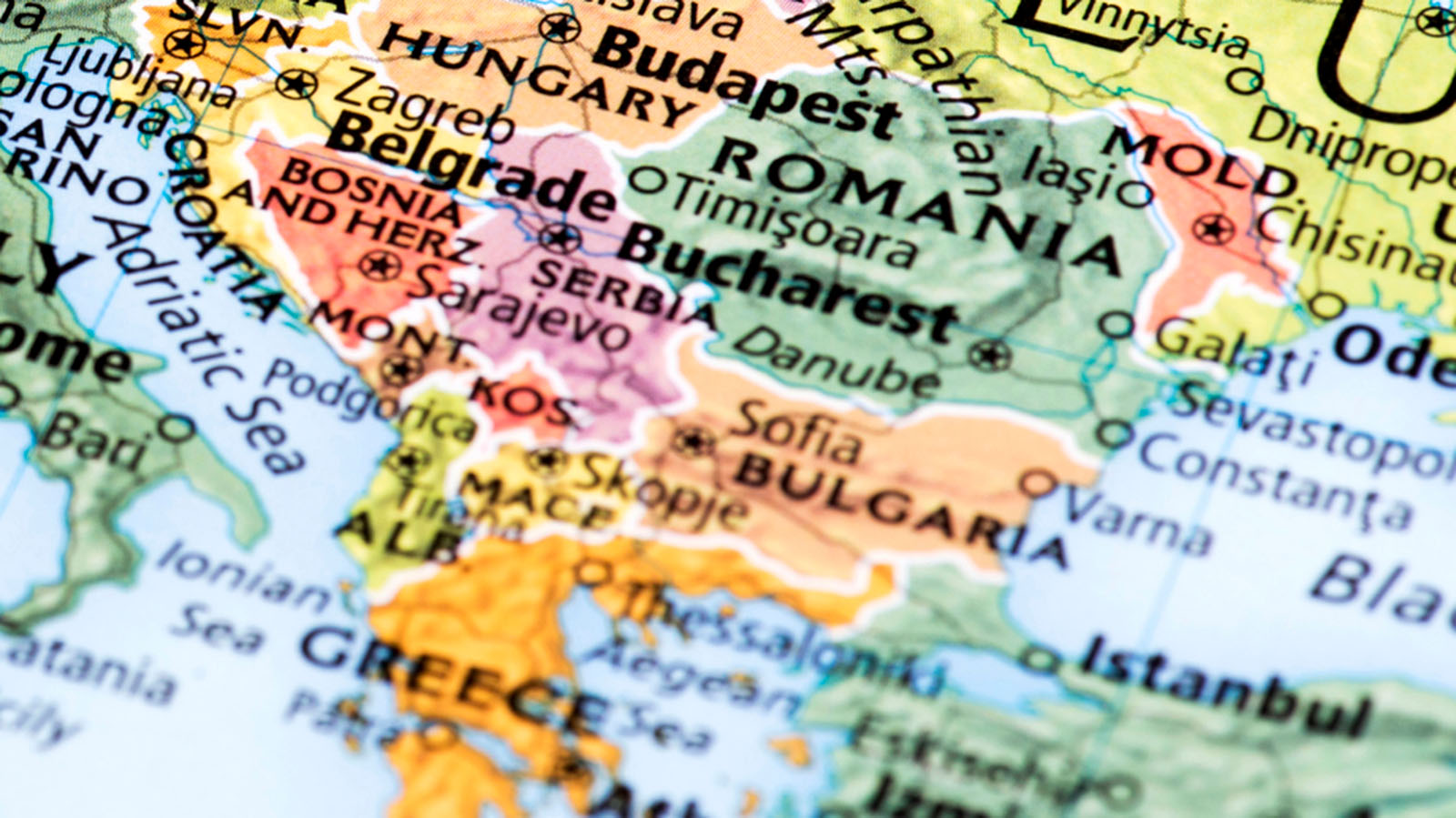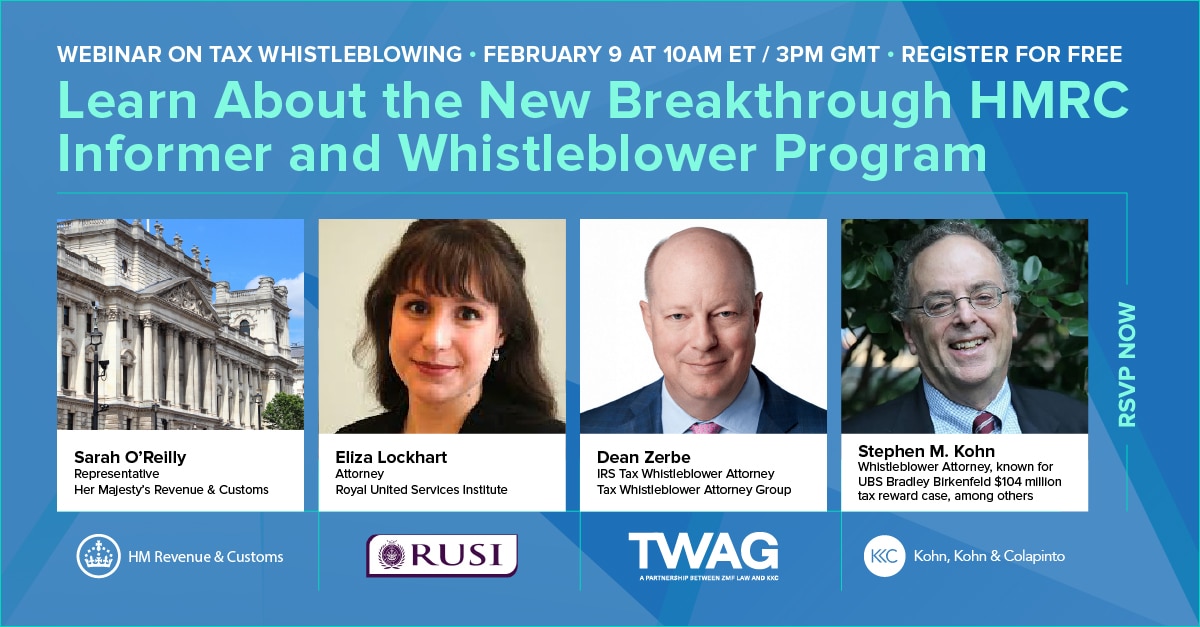May 14, 2025

This information is provided for educational purposes only by Kohn, Kohn & Colapinto and does not constitute legal advice. No attorney-client relationship is created by accessing this content. Laws and regulations may change, and this material may not reflect the most current legal developments. If you believe you have a whistleblower claim, consult a qualified attorney to discuss your specific circumstances.
The Balkans sanctions are restrictions put in place by the U.S. government to prevent individuals and entities from supporting activities that threaten peace and stability in the Western Balkans region. Activities might include extremist violence or obstruction of peace agreements – take for instance the Dayton Accords for Bosnia and Herzegovina. U.S. citizens and companies are not permitted to do business, including providing financial support to those within the Balkans region who are on the OFAC sanctions list.
- Western Balkans General License (No. 1) – Legal Representation in Matters Pending before the International Criminal Tribunal the former Yugoslavia
- Western Balkans General License (No. 2) – Authorizing the Wind Down of Transactions Involving Orka Holding AD
- Western Balkans General License (No. 3) – Authorizing Certain Transactions Related to Agricultural Commodities, Medicine, Medical Devices, Replacement Parts and Components, Software Updates, or Medical Prevention, Diagnosis, or Treatment, or Clinical Trials Involving Orka Holding AD
Some activities related to the Western Balkans may be allowed if they are licensed by OFAC.
Below OFAC has issued guidance and statements on specific licensing policies as they relate to the Balkans-Related Sanctions.
- Licenses for Legal Fees and Costs – Guidance on the Release of Limited Amounts of Blocked Funds for Payment of Legal Fees and Costs Incurred in Challenging the Blocking of U.S. Persons in Administrative or Civil Proceedings
- Entities Owned By Blocked Persons – Guidance On Entities Owned By Persons Whose Property And Interests In Property Are Blocked
Reporting OFAC Sanctions Violations
Under the new AML law, whistleblowers can report violations of Balkans-related sanctions to the Office of Foreign Assets Control (OFAC) – a Department of the Treasury who administers and enforces economic and trade sanctions.
Whistleblowers can become eligible for rewards when they provide OFAC with strong and credible information regarding an individual, company, or country engaging in the following activities with sanctioned individuals or organizations from the Balkans region:
- Evading sanctions: Activities that attempt to circumvent or bypass US sanctions.
- Sanctions violations: Actions that violate specific terms of US sanctions programs.
- Fraudulent activity: Misrepresentation or deception related to US sanctions.
An example of a Balkans-related sanctions violation might include the misuse of GLs (previously listed). However, more modern violations may also include the use of cryptocurrency exchanges to bypass sanctions to conduct illicit financial transactions, or the buying and selling of goods, services, or assets with those on the US sanctions list who support violence or obstruct peace agreements.
OFAC provides a free application to enable users to simultaneously search all its sanctions lists.
Whistleblower Protections
Under the new AML laws, which cover Balkans-related sanctions violations, whistleblowers who report such violations are eligible for an award between 10 and 30 percent of the sanctions collected in a successful enforcement action. Awards are paid out of a fund financed through sanctions collected in enforcement actions brought by whistleblowers.
This not only incentivizes reporting and working closely with law enforcement to obtain a successful prosecution. If there is no successful action, then whistleblowers get nothing. It’s also important to note that whistleblowers who are not U.S. citizens are not guaranteed protection from retaliation. Thus, “rewards as protection” is a great incentive to get whistleblowers to report.
If you have concerns about potential sanctions violations, it’s recommended to report them through the appropriate channels to ensure proper investigation and enforcement. Keep in mind that under AML laws, whistleblowers may report their concerns anonymously and confidentially, but they must do so with the assistance of a U.S.-based attorney.
Seeking Legal Assistance
Given sanctions regulations are extremely complex, we advise consulting with legal professionals for guidance on specific activities and potential violations.
Our firm has intimate knowledge of the Anti-Money Laundering Improvement Act because we led the grassroots efforts that led to the successful passing of it.
Since 1988, we’ve been representing whistleblowers behind the largest cases in history.
If you have information regarding a Balkans-related sanctions violation, a violation of the Bank Secrecy Act (BSA), or sanctions evasion, contact our firm today for a confidential case review.
Our Firm’s Cases
Relevant FAQs
Latest from Our Blog
January 27, 2026





